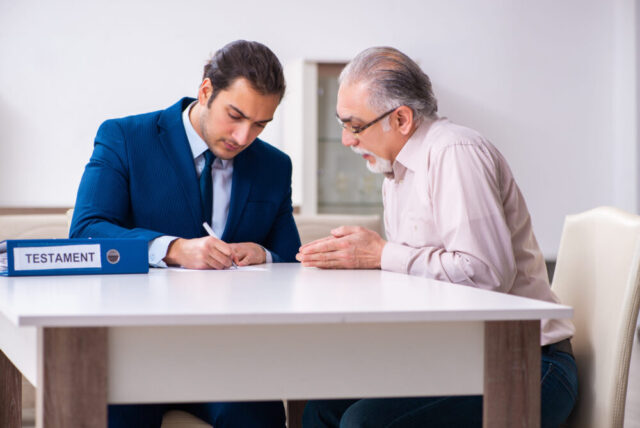You may have a specific preference for how your assets and overall estate should be handled. However, you obviously cannot continue managing this once you are no longer around. For this reason alone, before it is too late, you must establish a Last Will and Testament document and appoint an executor of your estate. Read on to discover an executor’s primary responsibilities and how a seasoned Butler County will preparation attorney at Heritage Elder Law & Estate Planning, LLC can help you assign the right person for this role.
What are the executor’s responsibilities upon a testator’s unfortunate passing?
First of all, your executor is the person or entity you declare within your Last Will and Testament document to administer your estate amongst your named beneficiaries at the time of your unfortunate passing. But before this administration can even take place, your executor may have to perform other tasks successfully. For one, they must locate your will document and file a copy with the local Pennsylvania probate court. At this time, they should also notify the financial institutions where you held bank accounts and credit cards, along with government agencies, about your untimely death.
It is important that your executor thoroughly comb through your will document, not only to understand your wishes, but also to be informed on what probate process they must pursue. This is because, for example, you may only own property that does not require probate, such as jointly owned property, assets with set-up beneficiary designations (i.e., retirement accounts and life insurance policies), and assets held in a trust. Or, if your entire estate is valued at less than $50,000, it may qualify for an expedited, simplified probate process.
Regardless, your executor must comply with the court’s standard proceedings during this time. This means appearing in front of the court on behalf of the estate, filing an inventory of the estate’s assets with the court, and more. This is all while maintaining the assets until they can be distributed according to plan.
What is an executor not supposed to do when a testator dies?
It may be a lot of pressure for someone to step in as your executor. This is why many testators choose an entity rather than placing this burden on one of their loved ones. Because on top of what your executor is supposed to do, there is a long list of things they should not do. They read as follows:
- Your executor cannot reinterpret the terms and conditions you set in your will document.
- Your executor cannot borrow assets from your estate to help with their personal expenses.
- Your executor cannot disfavor certain beneficiaries even if they have a not-so-great relationship.
- Your executor cannot act on their own without first seeking court approval for most things.
- Your executor cannot procrastinate stepping into this role until a time that is more convenient for them.
If you still have lingering questions at this point in time, please do not hesitate to reach out to one of the competent Butler County estate planning & probate attorneys. The team at Heritage Elder Law & Estate Planning, LLC will certainly be the perfect fit for you.







